Iran’s foreign minister arrives in Moscow for talks on region
Iranian Foreign Minister Hossein Amir-Abdollahian has arrived in Moscow to hold talks with his Russian counterpart on regional developments.
Amir-Abdollahian is heading a delegation in his visit to the Russian capital which is taking place at the invitation of Foreign Minister Sergei Lavrov.
The top Iranian and Russian diplomats plan to discuss ways to counter terrorist threats and illegal drugs smuggling as well as international contributions to the reconstruction of Afghanistan during their scheduled meeting on Wednesday.
Speaking at a ceremony to welcome Amir-Abdollahian upon his arrival, Iran’s Ambassador to Moscow Kazem Jalali said this is the first visit by the Iranian foreign minister since his appointment and the Islamic Republic’s full membership in the Shanghai Cooperation Organization (SCO).
“This meeting is considered important at this juncture regarding the recent developments in the Caucasus region and Afghanistan, because experience has shown that consultations and interactions between Tehran and Moscow have contributed to the establishment of security and stability in the region,” Jalali said. He added that Amir-Abdollahian’s trip to Moscow conveys the message to the world that Iran and Russia are resolute on the expansion of ties in all fields.
Amir-Abdollahian and Lavrov will also hold talks about the principled stance of Tehran and Moscow on Syria and the resumption of talks on reviving the 2015 nuclear deal, officially known as the Joint Comprehensive Plan of Action (JCPOA).
Iran expects Russia to show sensitivity to any border change, presence of terrorists
Amir-Abdollahian told reporters upon his arrival that Iran expects Russian officials to show sensitivity to “any possible change in regional borders and the presence of terrorists as well as the Zionist regime’s moves in the region, which are detrimental to regional peace and stability.”
He added that he would discuss in detail the latest developments in the South Caucasus region with Russian officials and noted that Iran has expressed its concerns and stance on the issue through diplomatic channels and phone calls with Russian officials, including the foreign minister. “We are confident that during tomorrow’s meeting with Russia’s foreign minister, we will reach good agreements and we will, God willing, move in the path of stabilizing the situation in the region.”
He said both sides would try to coordinate their positions on the Caucasus developments, adding that Tehran and Moscow have been pursuing “very close” policies on regional issues in recent years and had constructive coordination in the field of common interests.
The Iranian foreign minister expressed hope that Tehran and Moscow would make use of such a capacity to improve security across the region.
In a phone call with his Russian counterpart Vladimir Putin last month, Iranian President Ebrahim Raeisi said the Islamic Republic is determined to boost relations with Russia in all fields, including in the production of a joint vaccine to fight the deadly coronavirus pandemic.
“We are pursuing the development and deepening of cooperation between the two countries in all dimensions,” Raeisi said.
As a signatory to the JCPOA, Russia has supported Iran’s right to peaceful nuclear energy and stressed the need to resume the Vienna talks aimed at reviving the landmark deal.
Speaking to reporters at the United Nations in New York on September 25, Lavrov criticized the unilateral sanctions imposed against Iran after the United States’ withdrawal from the JCPOA, urging Washington to take a “more active” approach to help resume the stalled talks.
“It seems evident they should be more active” in “resolving all issues related” to the accord, Lavrov said, adding, “Iran is not doing anything that would be prohibited.”
Iran and Russia also have a common stance on Afghanistan and emphasize the need for the formation of an inclusive government with the participation of all groups in the war-torn country, where the Taliban militant group has gained power in light of the US withdrawal.
Hamas condemns Israel’s arson attack on mosque in West Bank, calls for mobilization
Trump's top general warns of Iran aggression risks: reports
VIDEO | US ambassador’s remarks on Israel’s expansion spark outrage
VIDEO | ‘Protect the Right to Protest’ rally held outside London court
VIDEO | Gaza bakery supports displaced families ahead of Ramadan Iftar
France blocks US ambassador from ministerial meetings after summons no-show
Around 20 nations condemn Israeli push toward West Bank annexation
Iran pursuing broader cooperation with African nations: Pezeshkian


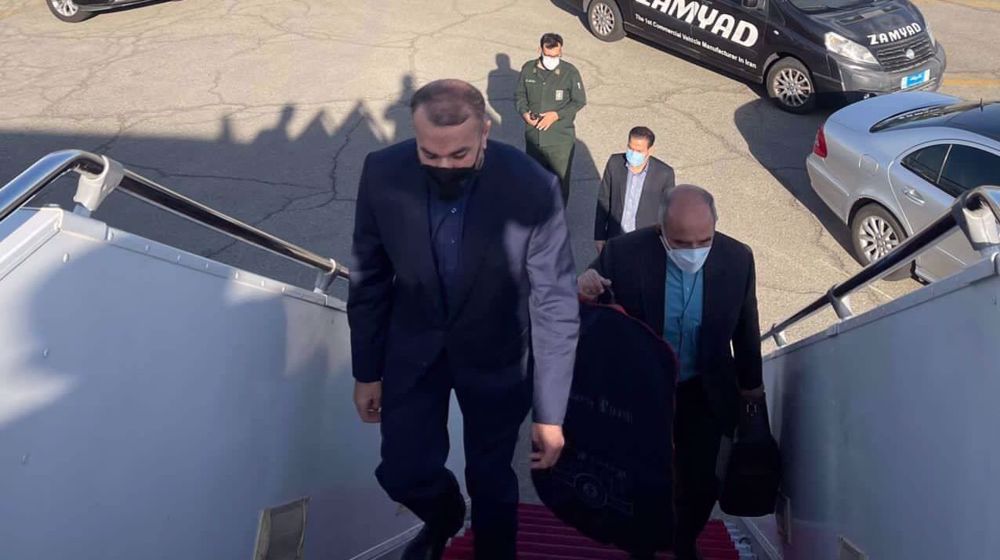
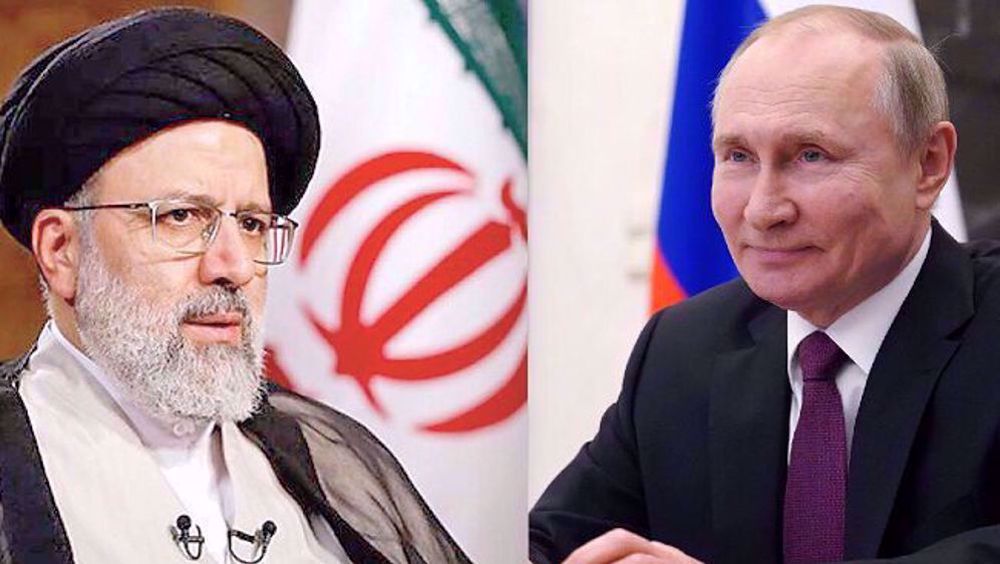
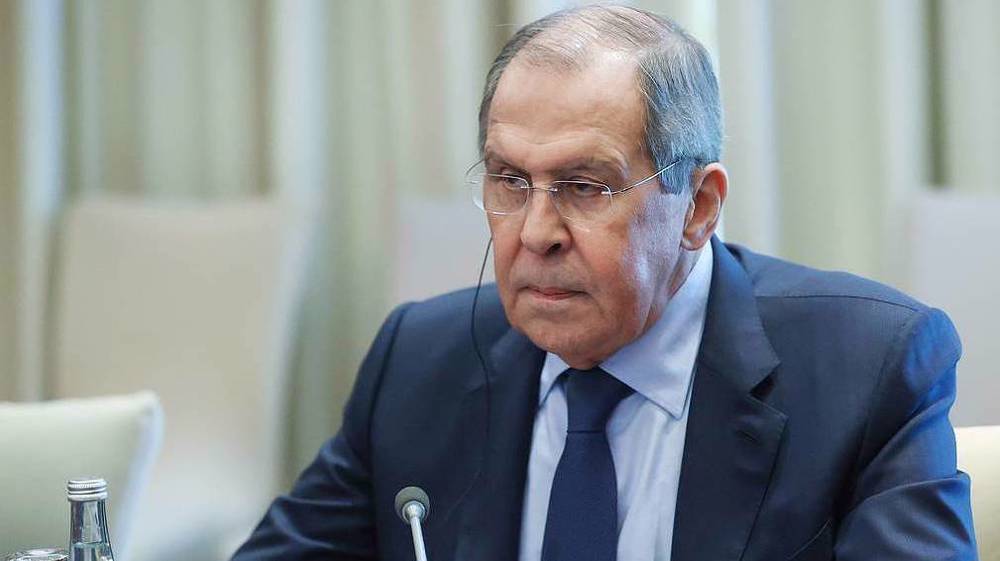
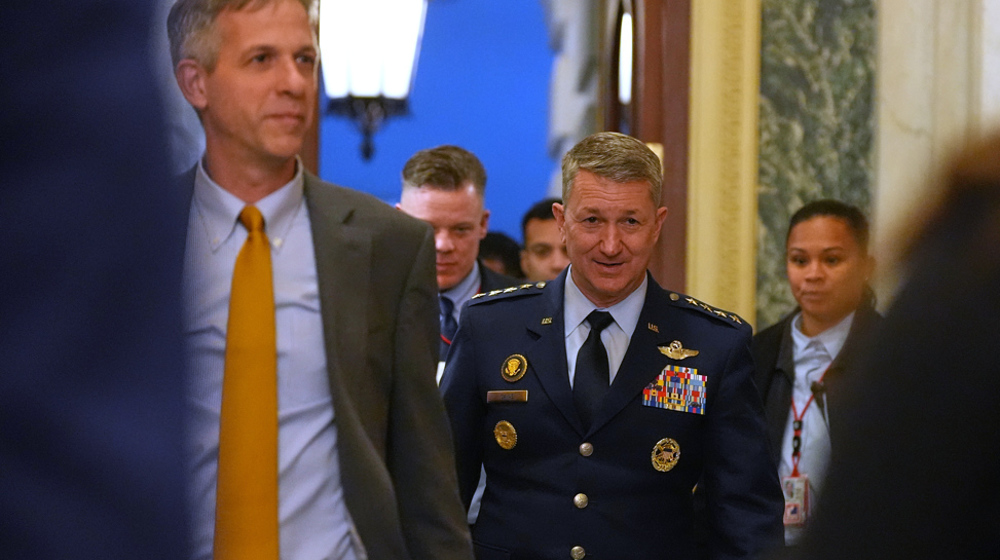
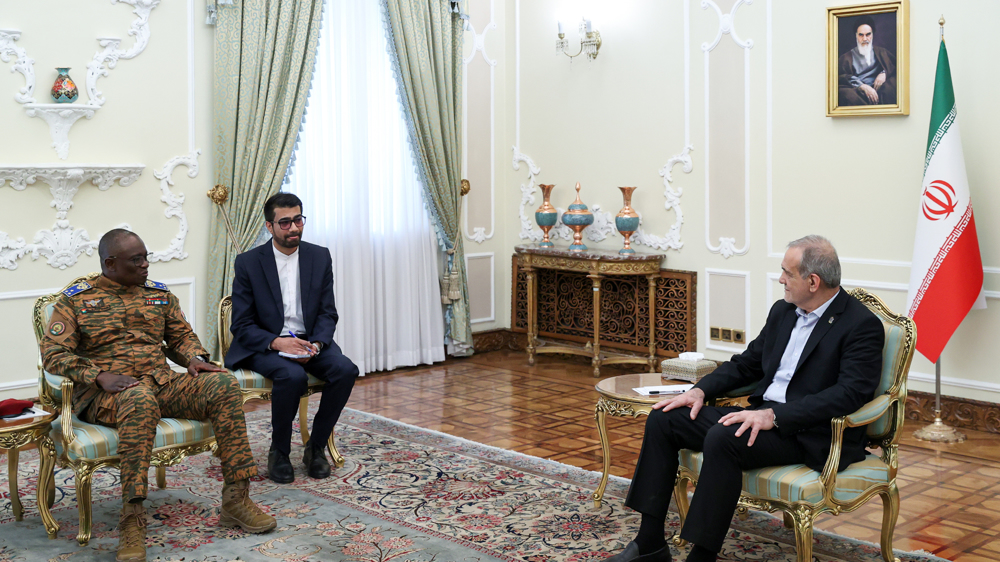
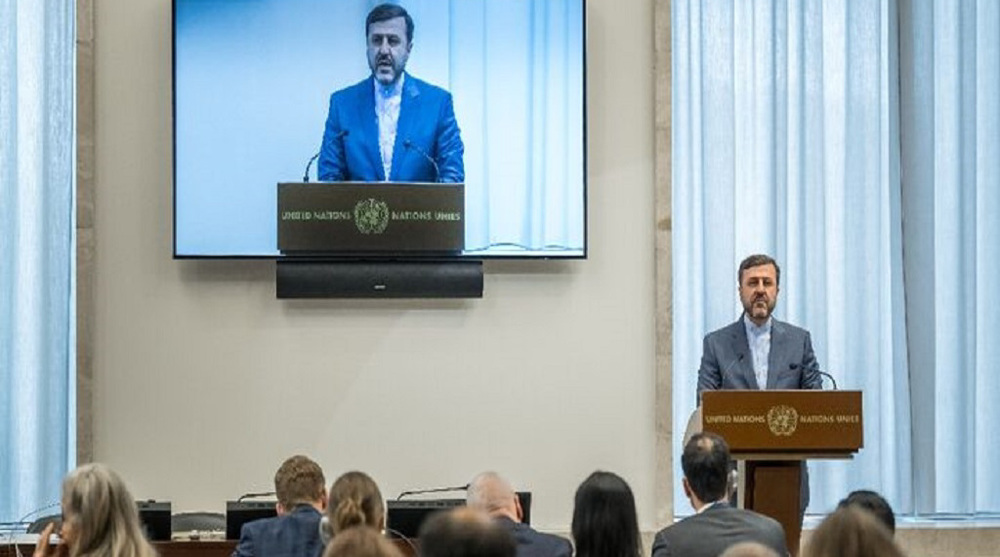




 This makes it easy to access the Press TV website
This makes it easy to access the Press TV website